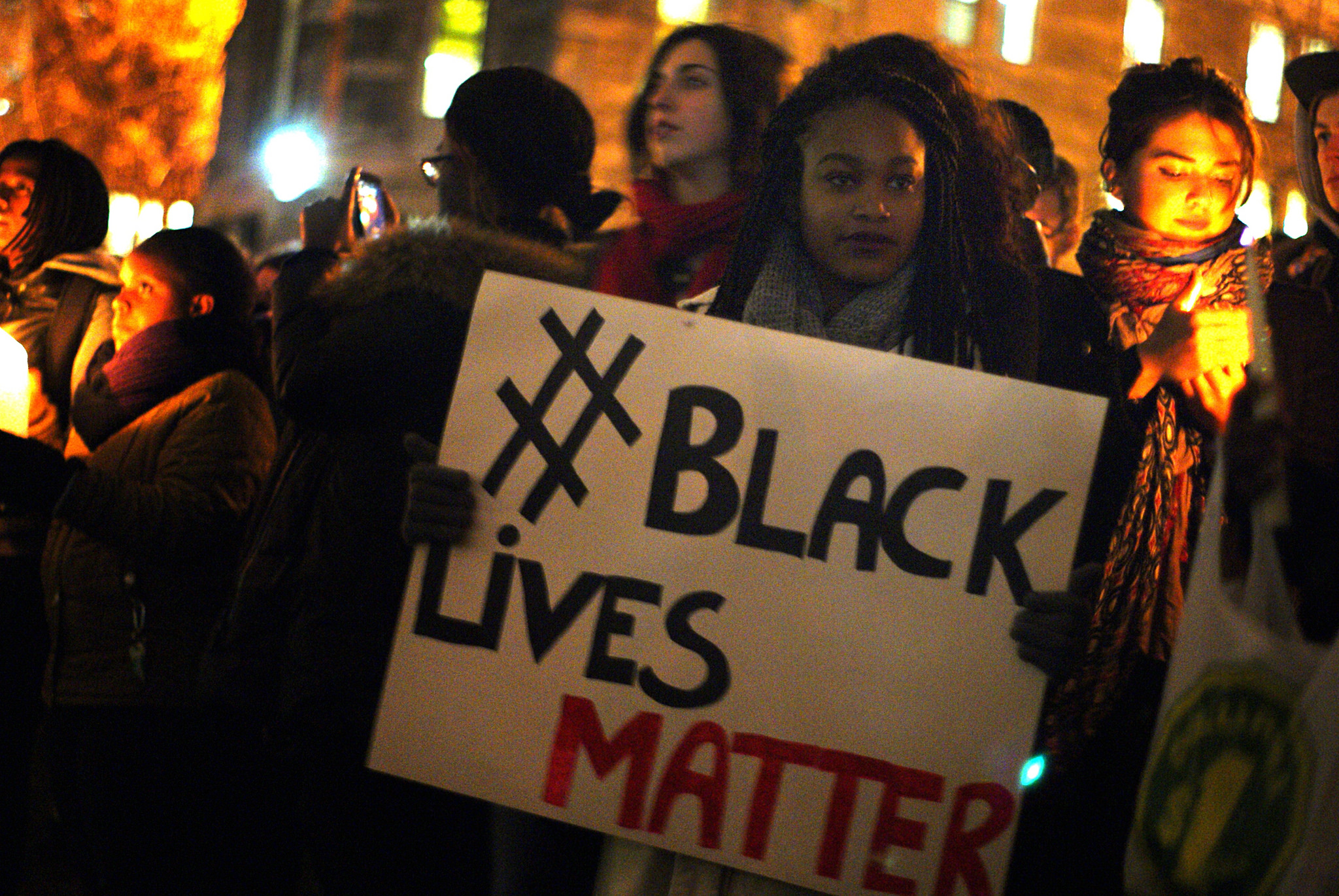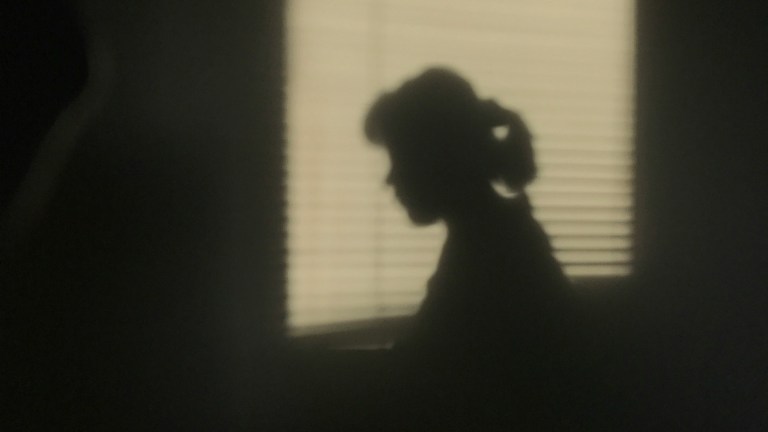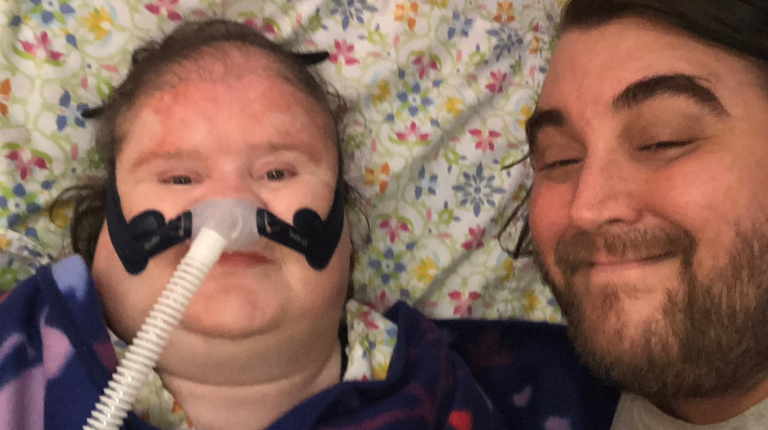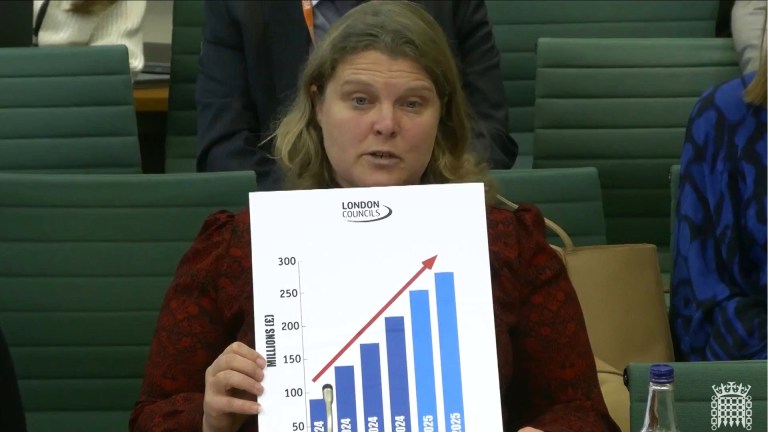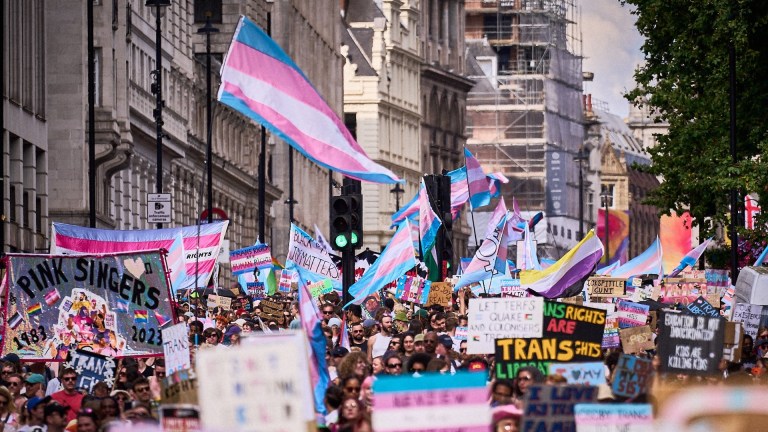Patrisse Khan-Cullors, along with Alicia Garza and Opal Tometi, founded the Black Lives Matter movement after George Zimmerman walked free over the fatal shooting of unarmed teenager Trayvon Martin in Florida in 2012. Patrisse grew up facing racial, sexual and LGBT stigma and her older brother faced harassment and neglect at the hands of police and prison staff for many years. After coming out as queer, Patrisse became homeless for a time. As a child she was arrested at her school by police who suspected her of drug use and says this moment ignited an anger in her that she later harnessed to campaign on inequality, diversity, racism and prison reform in the US.
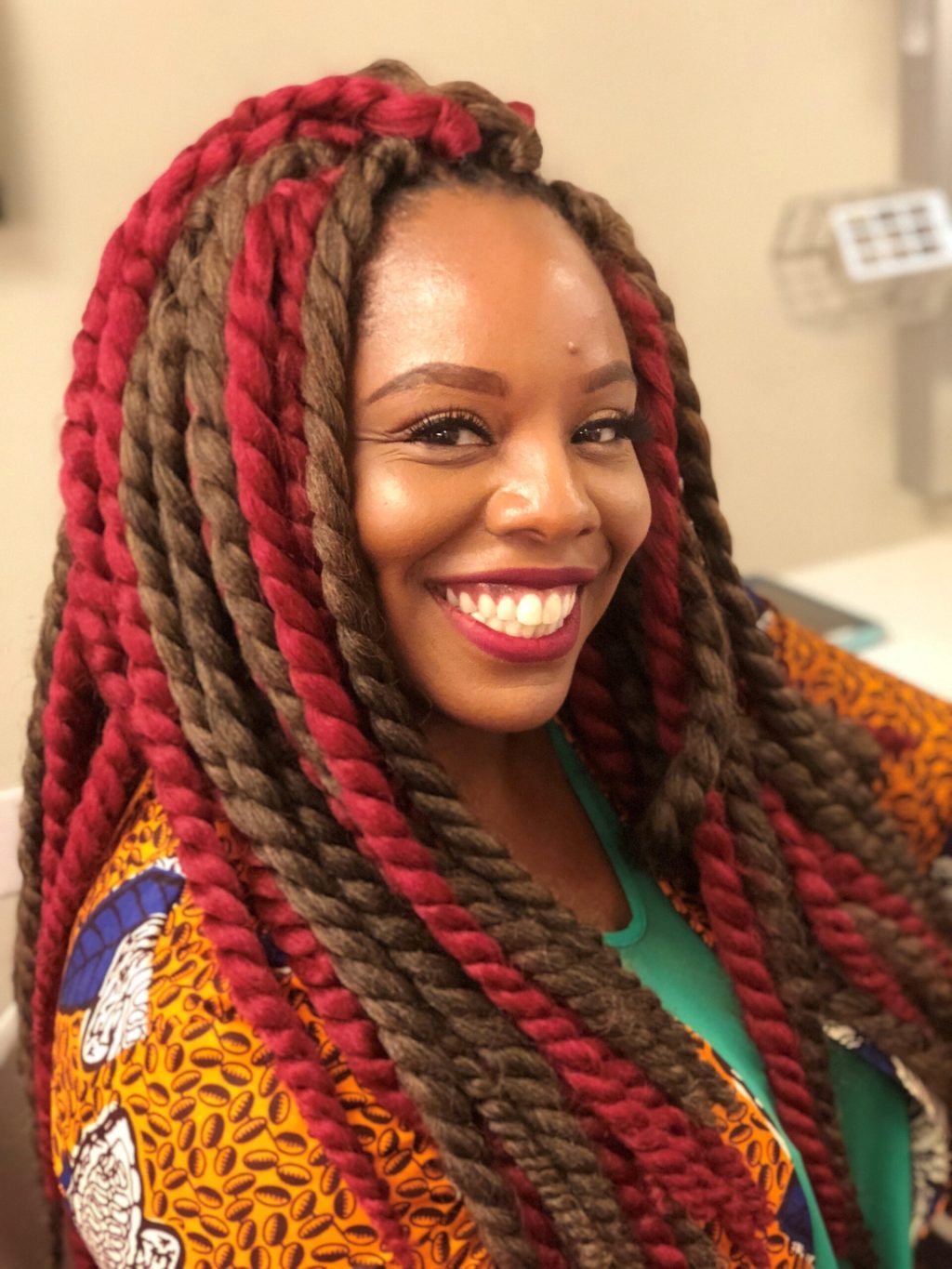
I was handcuffed and arrested at 12 years old in my middle school. I wouldn’t realise the way that shaped me until later on in my life, but I felt that lack of agency, and it would really shape my activism. The lack of agency was an entirely new experience, an intensified experience. I had grown up with over-policing and incarcerations but I had never experienced the police putting handcuffs on me. I had never experienced the police directly target me. Usually it was someone in my family; a sibling, my father, my mother. But not me.
What I remember is the police coming into the classroom, whispering into the teacher’s ear. The teacher asking me to come up to the front and me being handcuffed and walked down the hallway to the dean’s office. They forced me to call my mother. She was really upset, but then when I got home there wasn’t a conversation. That was what we’d usually do in my family, something hard would happen but we wouldn’t have a conversation about it.
Now that I’m older and I think about everything that my mother had to go through – she was dealing with my brother, dealing with my biological father and my father who raised me not being as supportive as they could be in helping her raise her children, and she was working different jobs.
I was hysterical, obviously, and scared.
There was so much pressure on her. I can’t imagine what it must have felt like for my mother to have her children constantly up against the police in our neighbourhood and for her then to have her 12-year-old call her and say, ‘the police handcuffed me’. I was hysterical, obviously, and scared. And she’s in the middle of work and she’s having to figure out how she’s going to feed us and keep a roof over our head and at the same time deal with the constant harassment from law enforcement.
At the time I felt anger, but it was a kind of anger that was repressed. I didn’t access it until much later. High school helped shape my understanding of the conditions I was growing up with and the people around me. It’s the friendships I would build with both teachers and my peers that would really give me the clarity around how to fight. And how to love too.
